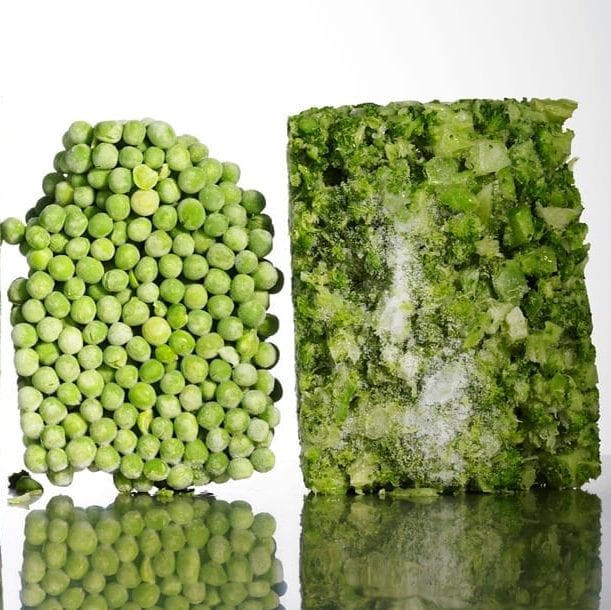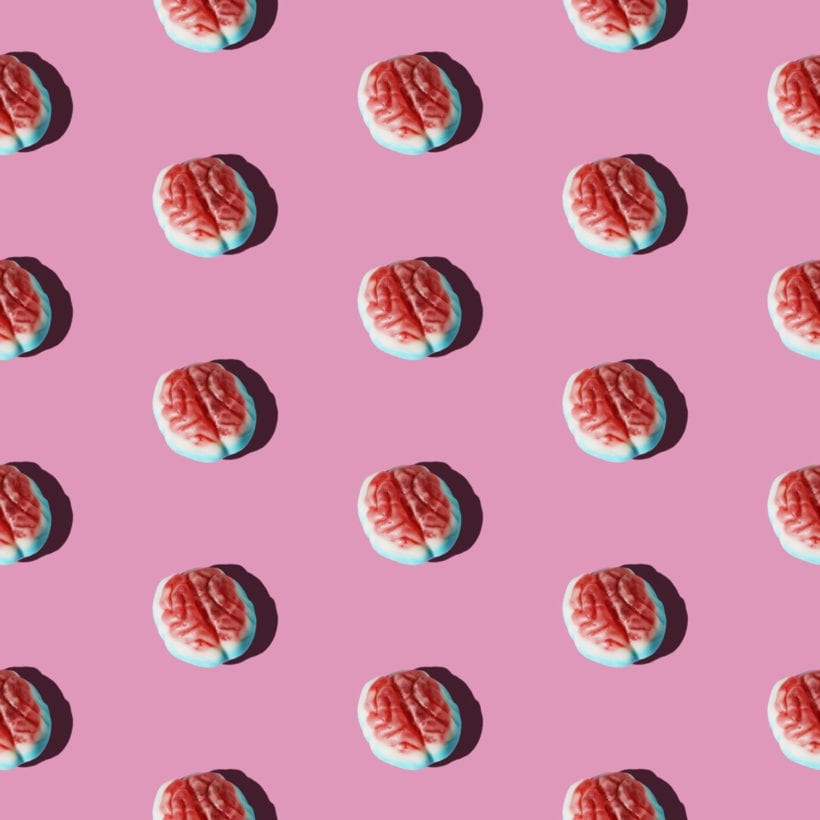Many people are in the habit of eating their largest meal at dinner time — socializing and long work hours necessitate eating late at night.
But even for the young and healthy, it takes a few hours for the stomach to be emptied after a meal and eating too close to bedtime can give rise to digestive issues such as heartburn, causing one to have a restless night’s sleep.
During sleep, important biochemical functions are taking place in the body. Our bodies engage in restoration and rejuvenation, cell repair, muscle growth, hormone synthesis and, most importantly, detoxification of the brain. More and more research shows that during sleep, our brains flush out the toxins accumulated during the day. But if there is a big meal waiting to be digested, digestion is often prioritized at the expense of these other important functions.

And when you lie down to sleep on a full stomach, it is much easier for the contents of the stomach to spill out, leading to heartburn and acid reflux. So, you should give yourself a three-to-four hour window between your last meal of the day and bedtime.
In fact, as intermittent fasting (IF) becomes more fashionable due to numerous associated health benefits, one of the popular methods of implementing IF is known as the 16:8 method — allowing you to eat in a window of eight hours and fasting for a subsequent 16 hours. The appeal? Most of the hours of not eating are accomplished during sleep time.
But for many people, the advice of eating so many hours before bedtime is simply unrealistic and difficult to achieve. There are several tips that make eating late at night easier on the digestive system:
- Avoiding animal protein takes longer to digest.
- Eating freshly cooked foods instead of raw foods, which take longer to digest and can be problematic for those with digestive issues.
- Chewing your food very well and eating slowly. This allows the salivary enzymes in the mouth to begin the work of digesting the food, thereby taking a lot of strain off both the stomach and small intestine where digestion is continued and completed. Putting your fork down between mouthfuls is often helpful.
- Avoiding big meals and overeating.
- Eating simply and not mixing too many different food types in one meal, requiring different enzymes and digestive processes.
- Drinking one of the herbal teas 30 minutes after your meal, such as ginger, chamomile, peppermint and cinnamon, known to help aid digestion.
We only recommend products we have independently researched, tested, and loved. If you purchase a product found through our links, Sunday Edit may earn an affiliate commission.







